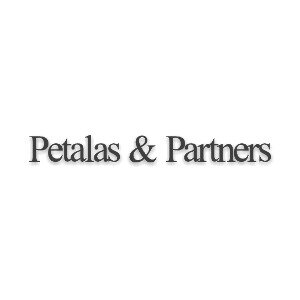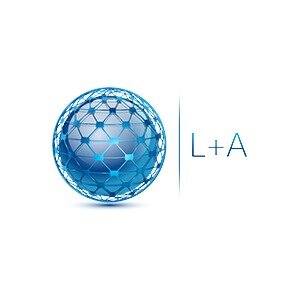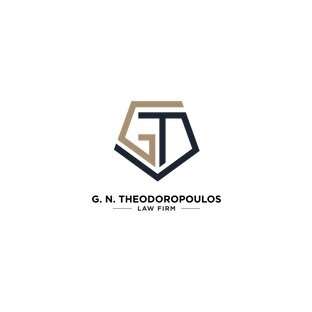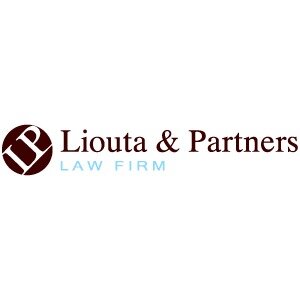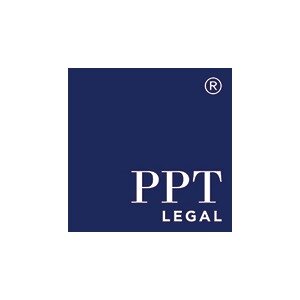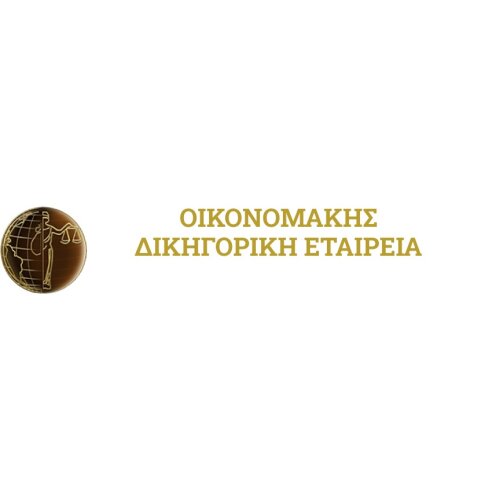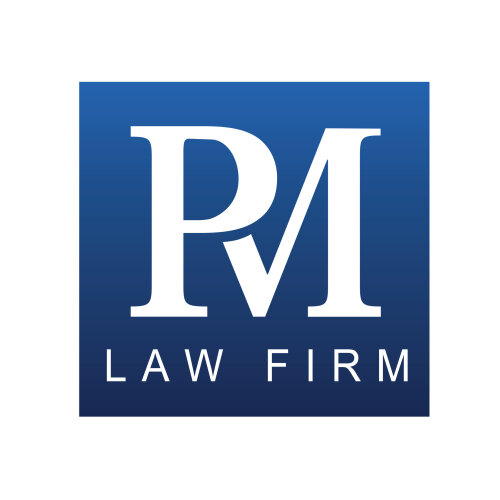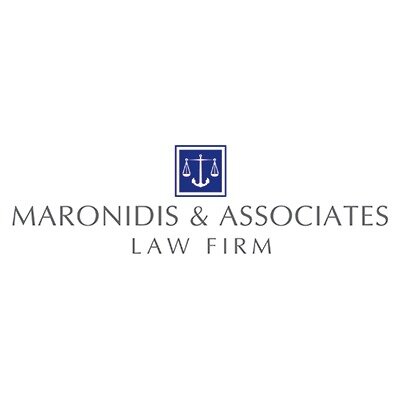Best FDA Law Lawyers in Piraeus
Share your needs with us, get contacted by law firms.
Free. Takes 2 min.
List of the best lawyers in Piraeus, Greece
About FDA Law in Piraeus, Greece
FDA Law refers to the regulations and legal standards concerning food, drugs, and medical devices. In Greece, including Piraeus, this area of law governs the safety, labeling, manufacture, advertisement, importation, and sale of food products and pharmaceuticals. Rules are influenced by European Union law as well as Greek national regulations. The aim is to protect public health and ensure products on the market are safe and correctly represented to consumers. Legal matters often arise for businesses importing, producing, or distributing food and drug products in Piraeus, a major port and commercial hub.
Why You May Need a Lawyer
You may need an FDA Law lawyer in Piraeus for several reasons. Common situations include:
- Launching a new food or pharmaceutical product and needing guidance on compliance with Greek and EU regulations
- Facing inspections or investigations by regulatory authorities
- Dealing with accusations of non-compliance, product recalls, or label violations
- Managing disputes over trademarks, patents, or intellectual property concerning food and drug products
- Addressing issues with product imports, exports, or customs clearance at the Piraeus port
- Responding to consumer complaints or safety incidents that require official reporting and action
- Obtaining necessary licenses or registrations for food or pharmaceutical businesses
Because regulations are complex and penalties for violations can be severe, having specialized legal help is highly advisable.
Local Laws Overview
In Piraeus, FDA Law is governed by both Greek national legislation and European Union directives and regulations. Key aspects include:
- The Hellenic Food Authority (EFET) oversees food safety and hygiene standards
- The National Organization for Medicines (EOF) regulates pharmaceuticals and medical devices
- EU guidelines provide frameworks for maximum residue limits, food additives, GMO content, and labeling standards
- Strict registration and licensing are required for those manufacturing or importing food, supplements, drugs, or cosmetics
- Regular inspections can occur at ports, warehouses, and retail outlets, especially in commercial areas like Piraeus
- Non-compliance can result in fines, product seizures, or criminal charges for serious violations
Understanding both local implementation and broader EU requirements is key for operating legally in Piraeus.
Frequently Asked Questions
What authority regulates food safety in Piraeus?
The Hellenic Food Authority (EFET) is responsible for food safety across Greece, including Piraeus. They enforce compliance with both Greek and EU food laws.
Who oversees pharmaceuticals and medical devices?
The National Organization for Medicines (EOF) manages regulation, licensing, and monitoring of pharmaceuticals and medical devices in Greece.
What are the main laws governing FDA matters in Greece?
Primary laws include Greek Food Law, the law on the organization and operation of the EOF, and EU regulations such as the General Food Law Regulation and the Medicinal Products legislation.
What are common compliance challenges for businesses in Piraeus?
Key challenges include adapting to frequent updates in EU standards, navigating customs controls at the port, complying with complex labeling rules, and managing product recalls.
Are food supplements regulated differently from food or drugs?
Yes, food supplements have their own licensing, labeling, and safety requirements, monitored by both EFET and EOF depending on their composition.
Do I need a license to import food or drugs to Piraeus?
Yes, both food and pharmaceuticals require relevant licenses and compliance certificates, and products must pass customs inspections at the port.
Can businesses face criminal sanctions for FDA Law violations?
Yes, serious violations such as distributing unsafe products, fraud, or repeated non-compliance can lead to criminal charges as well as civil penalties.
How are product recalls managed?
Product recalls in Greece follow regulated protocols, often in coordination with EFET or EOF, and require prompt public notifications and removal of products from the market.
What is required for food or drug labeling?
Labels must include accurate ingredient lists, allergen information, nutritional values, shelf life, and country of origin, all in line with EU and Greek requirements.
Where can consumers report unsafe products?
Consumers in Piraeus can report concerns to local EFET offices, the EOF, or the Ministry of Health for investigation and enforcement.
Additional Resources
If you need further information or assistance with FDA Law in Piraeus, consider:
- The Hellenic Food Authority (EFET) - for food safety information and complaints
- The National Organization for Medicines (EOF) - for drug and medical device regulation
- The Ministry of Health - for broad oversight of public health legislation
- Local Bar Associations - for lists of licensed lawyers specializing in FDA or regulatory law
- Chambers of Commerce - for resources supporting food and pharmaceutical business operations
- Municipal Health Departments - for local health and safety inspections
Next Steps
If you believe you need legal assistance with FDA Law issues in Piraeus, take the following steps:
- Gather all relevant documents, such as business licenses, inspection reports, and correspondence from authorities
- Identify the specific issue you are facing, whether it is a compliance question, investigation, or dispute
- Contact a lawyer who specializes in FDA or regulatory law with experience in the Greek market
- Arrange an initial consultation to discuss your case and possible solutions
- Follow professional legal advice carefully to help resolve the situation and ensure future compliance
Seeking early legal guidance can prevent complications and protect your business interests in Piraeus’s dynamic commercial environment.
Lawzana helps you find the best lawyers and law firms in Piraeus through a curated and pre-screened list of qualified legal professionals. Our platform offers rankings and detailed profiles of attorneys and law firms, allowing you to compare based on practice areas, including FDA Law, experience, and client feedback.
Each profile includes a description of the firm's areas of practice, client reviews, team members and partners, year of establishment, spoken languages, office locations, contact information, social media presence, and any published articles or resources. Most firms on our platform speak English and are experienced in both local and international legal matters.
Get a quote from top-rated law firms in Piraeus, Greece — quickly, securely, and without unnecessary hassle.
Disclaimer:
The information provided on this page is for general informational purposes only and does not constitute legal advice. While we strive to ensure the accuracy and relevance of the content, legal information may change over time, and interpretations of the law can vary. You should always consult with a qualified legal professional for advice specific to your situation.
We disclaim all liability for actions taken or not taken based on the content of this page. If you believe any information is incorrect or outdated, please contact us, and we will review and update it where appropriate.



